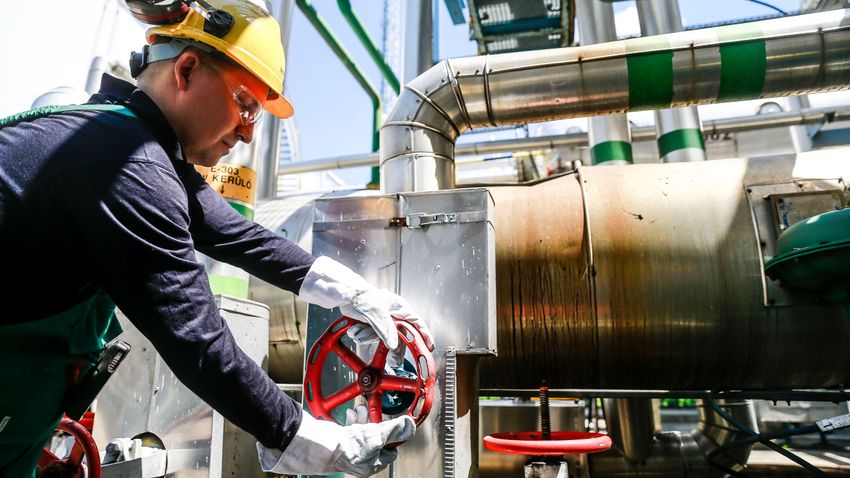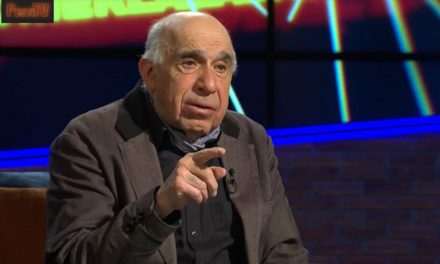Cover image: Mol's refinery in Százhalombatta (Photo: Árpád Kurucz)
Everyone should refuel only as much as they need, asks the managing director responsible for Mol's domestic operations. In an interview with Index.hu, Péter Ratatics also spoke about the fact that due to safe operation, the shutdown and maintenance of the Dunai Finomító cannot be postponed, which was originally planned for spring, but had to be postponed due to the increased demand due to the fuel price freeze introduced at the time.
The situation is made particularly difficult by the fact that the two largest refineries in the region, the one in Schwechat and the Czech one, are currently closed due to maintenance or accidents. However, Mol's Bratislava refinery successfully restarted after the planned maintenance work was completed. The Dunai Finomító is scheduled to shut down at the end of July, with a maintenance budget of around HUF eight billion. The plants will gradually restart: a significant part of them already in September, while a smaller part of them at the end of October, after the second phase of maintenance. After that, the Dunai Finomító will operate at full capacity, Péter Ratatics said.
In response to the question of how and from where Mol will make up for the loss caused by the shutdown, the specialist said: based on decades of practice, they had already started building stocks long before the shutdown, but before the current shutdown, supply chain disruptions due to the outbreak of the war, as well as price controls a surge in demand and a shortage of imports consumed a significant part of this stock. Mol is doing everything in order to make up for the significant product loss associated with the shutdown, he said.
"We will redirect part of the missing quantity from the Bratislava refinery, while another part will be made up using our remaining reserves. However, these quantities cannot fully cover the deficit, and the opportunities for their replacement on the market are also limited," he said.
Péter Ratatics also draws attention to the fact that although the fifty-liter refueling limit applied at Mol filling stations serves the purpose of ensuring that everyone has access to fuel, some wells may be temporarily empty.
That's why we ask everyone to fill up only as much as they really need, as this is the only way to ensure the right amount for everyone. Panic buying and unnecessary stocking would only make the situation worse, he emphasized.
We do not see the price cap regulation as a financial issue, but as a security of supply issue, said Péter Ratatics in relation to the gasoline price freeze in effect until October 1.
In summer, the seasonal demand for fuel increases, it can be up to thirty to forty percent higher. We understand the political intention, as it would be an extraordinary burden for a family to pay the market fuel price of around eight hundred forints. But the market is distorted by the price cap, and this is not good in the long term, especially due to the increasingly frequent abuses, he pointed out.
- The Hungarian market can only function well if there are imports in it. Our pricing policy is not cost-based, but competition-based. Mol normally determines the fuel price in relation to the prices of neighboring countries, precisely so that no one ends up in a monopoly situation. However, the determined HUF 480 price is much less than the market price. Under these conditions, foreign suppliers will not be interested in serving the Hungarian market in the long term, explained Péter Ratatics.
Source: mno.hu













